The Role of Bees in Organic Farming and Food Security
In today’s fast-changing world, where sustainable living and clean food are more important than ever, one tiny creature is playing a mighty role behind the scenes—the bee.
At Beefarm, we know that bees are more than honey-makers. They’re a vital force in organic farming and a crucial pillar of global food security. Let’s dive into how bees support healthy farming systems, preserve biodiversity, and ensure that future generations have access to safe, nutritious food.
Why Bees Matter in Organic Agriculture –
Organic farming is built on natural systems. It avoids synthetic chemicals and focuses on soil health, biodiversity, and ecological balance. Bees fit perfectly into this model.
- Natural Pollinators – Bees pollinate around 75% of food crops, including fruits, vegetables, seeds, and nuts. In organic farms, where artificial methods are avoided, bees are essential for crop reproduction and yield.
- Chemical-Free Environment – Organic farms avoid synthetic pesticides and fertilizers, creating a bee-friendly habitat. This reduces bee mortality and supports stronger, more resilient colonies.
- Biodiversity Boosters – Bees help pollinate cover crops, flowering herbs, and native plants on organic farms. This promotes biodiversity, which is key to pest control, soil health, and ecosystem balance.
How Bees Support Food Security
Food security means having reliable access to sufficient, safe, and nutritious food. Bees contribute to this in ways we often overlook:
1. Higher Crop Yields
Crops pollinated by bees tend to be more productive and of better quality—bigger fruits, more seeds, and greater uniformity. This improves harvest consistency and helps reduce food shortages.
2. Support for Small Farmers
Many small-scale organic farmers rely on bees for free, natural pollination. This reduces dependence on costly agricultural inputs and supports self-sufficiency, especially in rural areas.
3. Nutrient-Rich Diets
Bee-pollinated crops include many of the foods we rely on for essential nutrients—fruits, nuts, and vegetables. Without bees, our diets would be less diverse and less nutritious.
4. Climate Resilience
Pollination by bees supports the growth of resilient crop varieties and wild plants that stabilize soil, conserve water, and withstand extreme weather—making our food systems climate-smart.
The Threats Bees Face
Despite their importance, bees are under pressure from:
- Pesticides and monoculture farming
- Loss of habitat
- Climate change
- Diseases and parasites
The decline in bee populations directly threatens organic farming and long-term food security. Protecting bees means protecting our food.
Beefarm’s Mission: Supporting Bees & Organic Living
At Beefarm, we work closely with ethical beekeepers and support chemical-free bee farming practices. We believe in building awareness around how bees impact our lives beyond the hive:
- Our infused honeys are sourced from bee-friendly, diverse floral landscapes
- We support conservation initiatives that protect native pollinators
- We educate our community on sustainable choices that support the bees
Every jar of honey you buy is a step toward a more sustainable, bee-safe future.
How You Can Help
You don’t need to be a farmer to support bees or food security:
- Plant bee-friendly flowers and herbs
- Choose organic produce when you can
- Support local beekeepers and ethical honey brands
- Avoid chemical pesticides at home
- Spread the word—bee awareness starts with education
Final Buzz
Bees may be small, but their contribution to organic farming and food security is enormous. If we care about healthy food, resilient agriculture, and a livable planet, we must care about bees.
Let’s work together to protect these natural allies and secure a healthier, more sustainable food future.
Because when we protect the bees, we protect ourselves.
– Team Beefarm 💛🐝
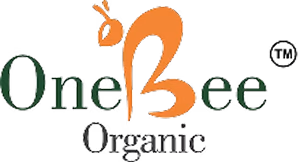

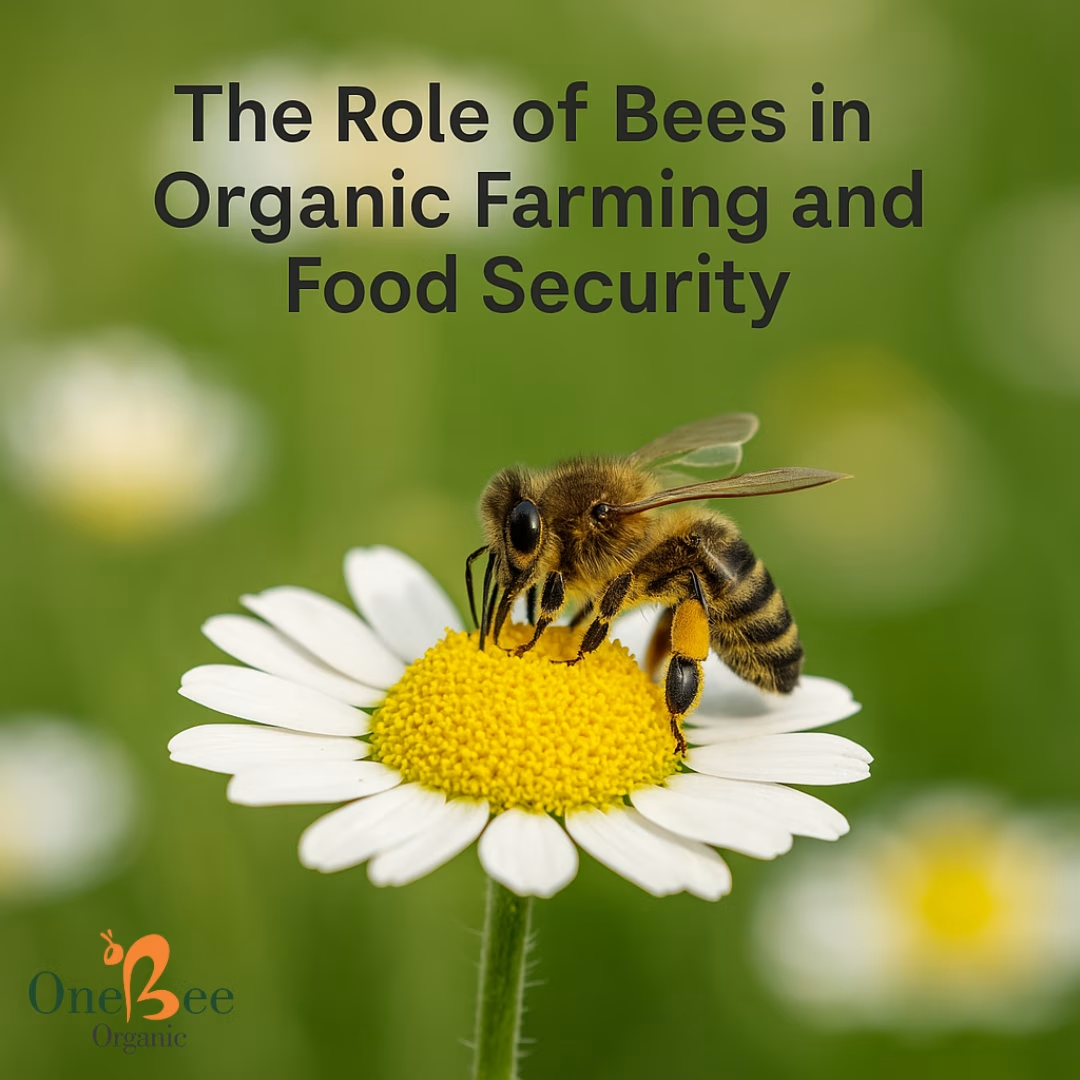

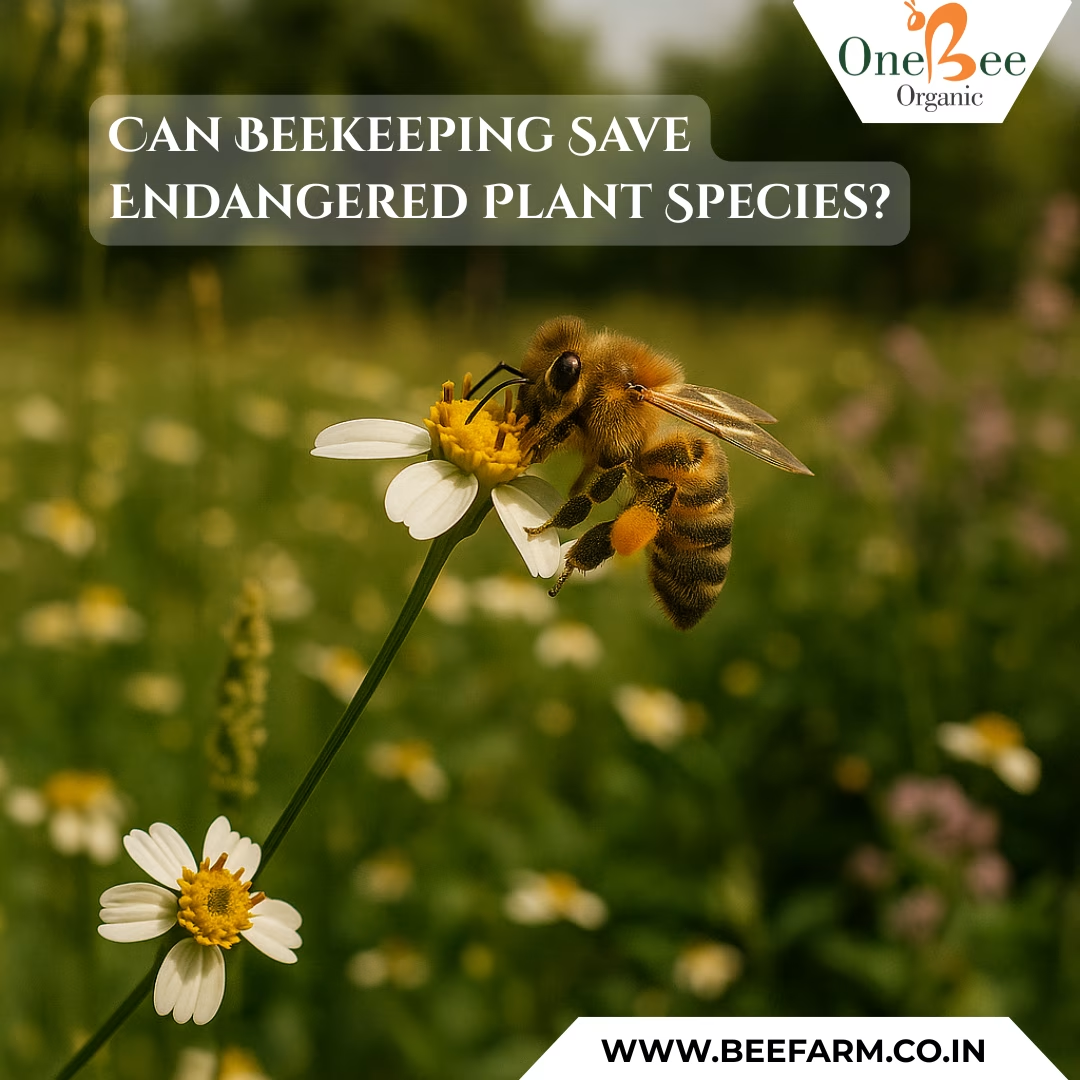

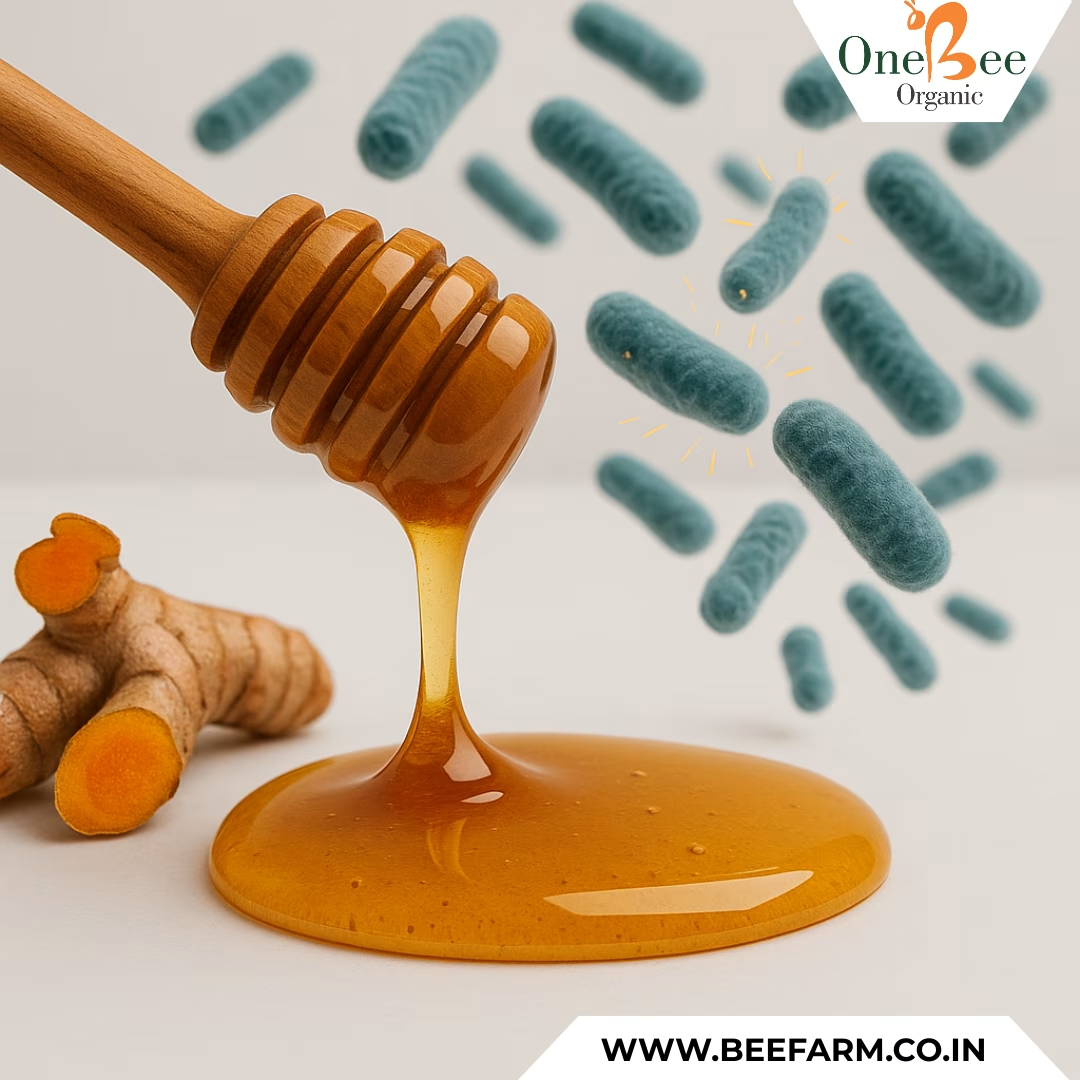
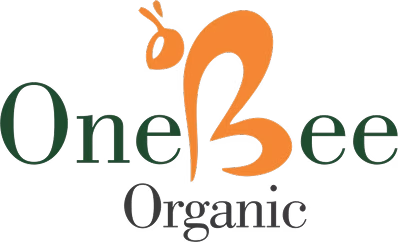
Leave A Comment